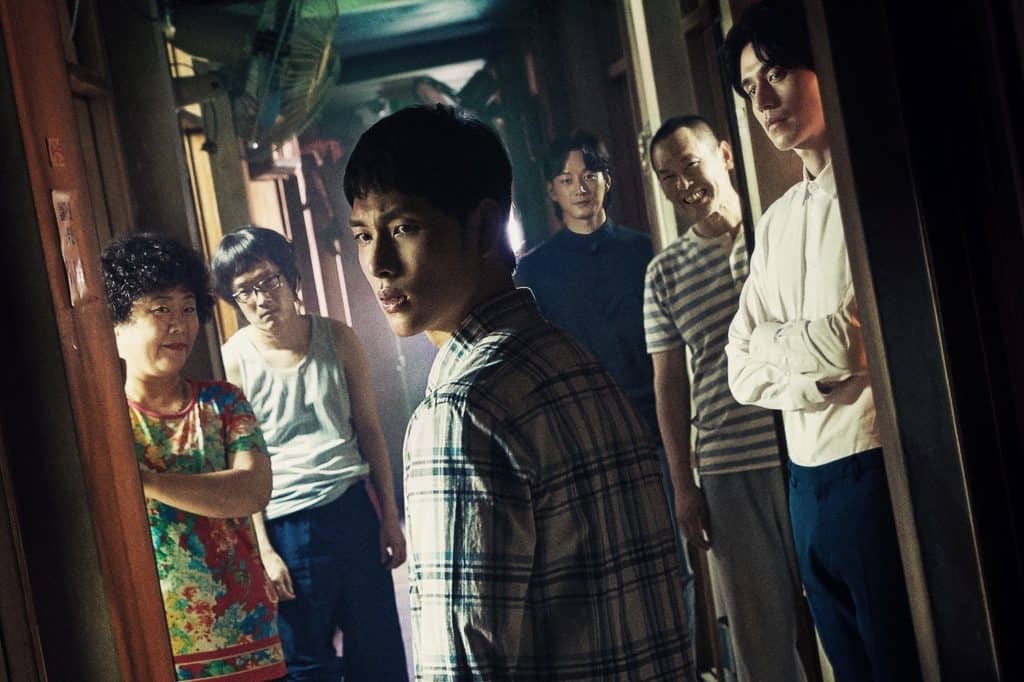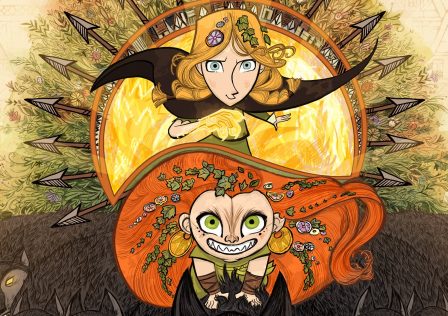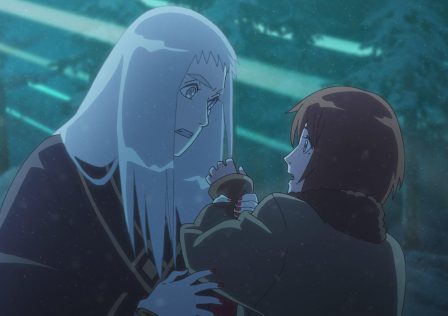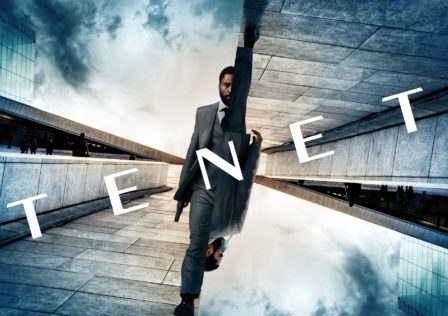When I was fresh out of university, I was hit with a deluge of work-related advice.
They ranged from the basic to the bizarre. “Know your own worth” was bandied around, though I’m particularly fond of “make a habit of sitting on the toilet bowl in the morning, so that you don’t waste your mornings being unproductive in the office loo.”
The one that stuck most with me, though, is “you need to be a garbage bin.”
“That’s because people are going to throw a lot of rubbish at you, and you need to be able to take it. You need to be able to take shit and learn. That’s how you succeed.”
I reckon it’s a good piece of advice – a more illustrative way to extol the importance of resilience against unexpected challenges. Yet, it’s also advice predicated on the notion that someone WILL, inevitably, give you shit. That garbage attitude and trash talk in the workplace are the norm rather than an exception. That aspects of society are rotten, somehow, so you need to be someone that can take it all in and hold out.
Society: you can check out any time you want, but you can never leave
It’s kind of depressing. It’s also why Strangers from Hell, the South Korean drama series (available now on Netflix) is so upsettingly terrifying. This psychological thriller is, on the surface, about terrible living conditions, creepy neighbours and serial killers. But the true horror here is the notion of helplessness against society – that through the suffocating grip of expectations, norms and power structures, people can, and will, make our lives a living hell.
Based on a Webtoon comic series by Kim Yong-ki, Strangers from Hell centres on Yoon Jong-woo (played by Im Si-wan of ZE:A), an aspiring crime writer who – like most youngsters from rural places – moves to Seoul on promises of a better life. His ex-university senior, Shin Jae-Ho (Cha Rae-hyung), has offered Jong-woo an internship in his startup. At the same time, Jong-woo can now live closer to his girlfriend Min Ji-eun (Kim Ji-eun), who entered the Seoul workforce earlier.
Things didn’t start off particularly well. Cash-strapped, Jong-woo resigns himself to staying at Eden Residences, a dormitory with such wonderful amenities as dimly lit hallways, paper-thin walls, and rooms that could be mistaken as Silent Hill closets. Rent is dirt-cheap, though, so Jong-woo figured that he can grit and bear it until he saved enough to move out, or when the internship turns into full-time employment.
Some neigbours are hard to love
This, however, also means tolerating the neighbours, which are of a hellish variety. The dormitory owner Um Bok-soon (played by Lee Jung-eun, best known as the housekeeper in Parasite), is either excessively-motherly or subtly-manipulative. Then, there is the not-so-merry band of misfits who live in neighbouring rooms: an angry gangster; a pervert who watches porn with the doors open; a pair of creepy manchild twins; and the mysterious yet imposing man-next-door.
A temporary kindred soul comes in the form of Seo Moon-jo (Lee Dong-wook), a palely dentist who is instantly friendly, and perhaps oddly obsessive, towards Jong-woo. But even he isn’t enough to distract our hapless hero from a series of eerie events, such as the discovery that the previous tenant of his room has mysteriously vanished, and his growing suspicion that someone has been entering his room.
When obsession is enough to bore holes into walls
As Jong-woo tussles with his horrid living conditions and his frustrations at work, his story soon intersects with So Jung-hwa’s (Ahn Eun-jin), a young policewoman from the nearby police station investigating a string of cat mutilations and odd vanishings. This leads her to, surprise surprise, Eden Residences.
Strangers from Hell is part of the South Korean cable network OCN’s line of “Dramatic Cinema” productions, which purportedly marries film and drama formats. Much like Netflix’s Kingdom, Strangers is shot with cinematic flair. Some are truly inspired, like different perspectives when tracking Jong-woo’s various wanderings around Eden Residence’s cramped environments, or the effective match cuts that convey the connectedness of the major characters even before their plots converge. If anything, the series is effective in transplanting audiences squarely in the claustrophobic environments of the dormitory, as well as keeping us close to Jong-woo’s mounting stress and paranoia.
You’re no match for her immeasurable passive-aggressiveness. Maybe peaches are still her weakness
It’s important for us to feel the destitution of the dormitory, because Eden Residences is a metaphor for the city in general. Its namesake promises paradise, but the insides are otherwise – gritty, grimy, and filled with depraved individuals who are locked with each other in close proximity. True privacy is but an illusion, as it’s almost impossible to avoid colliding with one another in such close quarters. You certainly can’t choose your neighbours, either.
There’s also the illusion of choice – that a place like Eden Residences is something you can choose to move out from. Audiences may scream at Jong-woo to simply move out, but the reality is that like many of the urban poor, Jong-woo is trapped there by circumstances he can’t control. His intern’s pay would not afford him accommodation elsewhere. His girlfriend already has a roommate. Plus, he has to partially support his single mother and mentally-challenged brother. In short, Jong-woo is caged by capitalism – a system that promises him a better life if he works hard, but exploits him for cheap labour and sets him in a cycle he likely can’t break.
The people outside of Eden Residences may appear more civilised, but they are no less oppressive to Jong Woo’s mental health. At work, Jong-woo has to tolerate his boss’ passive-aggressive bullying. Jae-ho often insists that he’s a friend first to Jong Woo, but quickly plays the superior card the moment Jong-woo upsets him. For example, when Jong-woo admonishes Jae-ho on a sexist comment, the latter easily marshals support from his subordinates before branding Jong-woo as “sensitive.” I hate how close to real life this scene plays out.
Not all people who put their hands over your shoulders are friends
Worse still is Jong-woo’s immediate superior Park Byeong-min (Kim Han-jong), a jealous, spiteful man who berates Jong-woo rather than teach and be helpful, pressuring Jong-woo to work overtime without extra pay to “learn.”
Jong-woo isn’t the only character in the show who is stifled by these societal power structures. So Jung-hwa, the policewoman, has an engineering degree. Her first scene is of her fixing a car, and we learn early on that she is smart, kind and perceptive.
Yet her dedication to her work and persistence in solving the mystery is constantly stymied by her male co-workers and, later, by other detectives. While they likely dismiss Jung-hwa due to her relatively young age and low rank, the show subtly implies that sexism is another cause – not exactly surprising in a country coming to terms with its own massive gender inequality.
Officer So Jung-hwa, bound by bureaucratic and cultural tapes everywhere
Jong-woo’s girlfriend Ji-eun also faces a good amount of power abuse at work. What’s most upsetting is that Ji-eun internalises this as normalcy. When Jong-woo opens up to Ji-eun about his work and accommodation-related plights, her reaction is more apathetic than sympathetic. She basically told Jong-woo to suck it up — or, as my relative would put it, “be a trash can”.
It’s not her fault. As the series subtly shows, even the horrible bullies and Eden Residence’s terrible tenants are the products of society. On one hand, people like Byeong-min and Jae-ho are coddled by privilege, while his other co-workers and girlfriend merely do what they can to survive in the corporate battleground. The people in Eden Residences, on the other hand, indulges in acts of anarchy and nihilism out of spite for the society that had spurned them.
What Strangers from Hell effectively depicts is “Hell Joseon”, the satirical term young Koreans refer to their own country. Despite the immense prosperity of the country, societal pressure, competition and family expectations weigh heavily on these young adults.
Three seconds away from reenacting the scene from Wanted
What do you do, then? Should you begrudgingly float along in this cycle of madness, or do you fight back? This is the core of Jong-woo’s struggle. His closed ones expect him to accept his place, while Seo Moon-jo the anarchist wants Jong-woo to be his “true self” — a man angry at the injustice and imbalance around him and is not afraid to act out.
At the core of Strangers from Hell is the question on whether or not an environment can shape a person. Jong-woo even poses this question to himself. We eventually learn that he is haunted by a violent outburst in his past. But is that rage innate to Jong-woo, or is it a byproduct of a disproportion in power?
The series, however, seems to posit that the environment shapes the person. The original title of the show, as well as the Webtoon, is Hell is Other People, a reference to the quote from Jean-Paul Sartre’s No Exit.
The quote is often thought to imply that people are monsters, but that is apparently a misinterpretation. In Being and Nothingness, Sartre’s book on existentialism, he wrote: “By the mere appearance of the Other, I am put in the position of passing judgment on myself as on an object, for it is as an object that I appear to the Other.”
Relationships in hell may be fiery, but everyone gets hurt
Put simply, hell is other people because we are, in some sense, unable to escape the judgement of others. In Jong-woo’s case, hell isn’t that other people are terrible, but because he is (physically and mentally) oppressed into fulfilling their expectations of him.
It’s an upsetting notion, and ultimately one that I can relate to. We all react to expectations placed upon us in two ways — we either play along, or we rebel. My parents had expected me to study hard and take on a “proper” job as an engineer/doctor/accountant/banker. Me deciding on writing as a career is in part because I enjoy it, yet there’s also a part of me that did so to avoid a preset path. But I’ve been fortunate — my household is well-off enough that I have the luck, and privilege, to choose. For the downtrodden like Jong-woo, the choices are severely limited.
Also published on Medium.

makes it a life goal to annoy everyone with random Disney trivia. When he’s not staring at a screen or holding a controller of some sort, he is thinking about curry noodles. Like right now.




4 Comments
Mary McGarity
Oct 28, 2020 7:53 pmI absolutely LOVED Strangers From Hell! I was biting my nails screaming at the screen. Lee Dong Woo was so damn scary. All those characters in that apartment building were scary. But because Seo Moon-Jo was so handsome and sexy and that made him even more scary. Jong Woo…I was routing for him. I wanted him to be a force to be reckoned with! I understand why he lost it! Siwan was so realistic we could identify with him. I wanted in the end for Seo Moon-Jo and Jon Woo to get together in the end as partners.
Chaitra
Apr 23, 2021 3:42 pmI really like the way you wrote your thoughts and indeed this plot crazily relates to our day to day life when we come across sexism, bullying, family pressure, and we normalise it to the point that taking medications for depression and stress is normal these days। In short I loved u this story as well as your writing:)
KRISTEN GUMELA
Aug 12, 2021 11:34 amWoah, I love reading this review especially on the association of events in the drama to the real happenings in the society. I haven’t thought about this while watching the movie, I just feel like anytime I can have a heart attack! Well, I should watch a drama/movie not only for entertainment but to learn some lessons from it. Good job JY, it kept me entertained.
Bianca Rippeth
Jan 07, 2022 2:06 amI absolutely loved this review. The experience I had when watching the show was so surreal, there was so much care and thought put into the writing and production of this series.I think we often take shows like this at face value for just being another psychological horror without finding the true message behind it. Thank you for writing this, it was truly eye-opening.